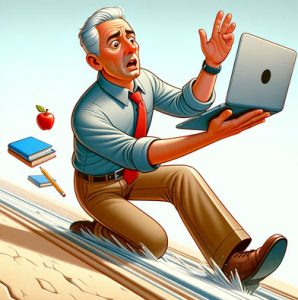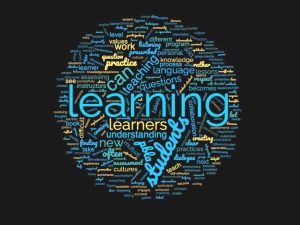
If when reading the title, the first word that came to mind was “Relax,” you are lukewarm. Collocation wise, you are correct. However, as a teacher, I am referring to “Reflect” — as in Time to Reflect. Don’t get me wrong; teachers need time to relax, and I have been doing some of that during my summer break from teaching, but as teachers, we also need time to recharge for when classes restart. That is where reflection comes in.
Continue reading








